Affordable apartment complex in west Colorado Springs approved despite neighbors’ concerns over risk of landslides
COLORADO SPRINGS, Colo. (KRDO) -- A seven-hour public hearing ended Tuesday night with the Colorado Springs City Council rejecting an appeal by opponents trying to stop construction of the Launchpad Apartments, a project intended to build 50 units of affordable, below-market-rate apartments on the west side of town.
The city's Planning Commission recently approved the project, to be built on 19th Street just north of Uintah Street, to benefit young adults dealing with homelessness.
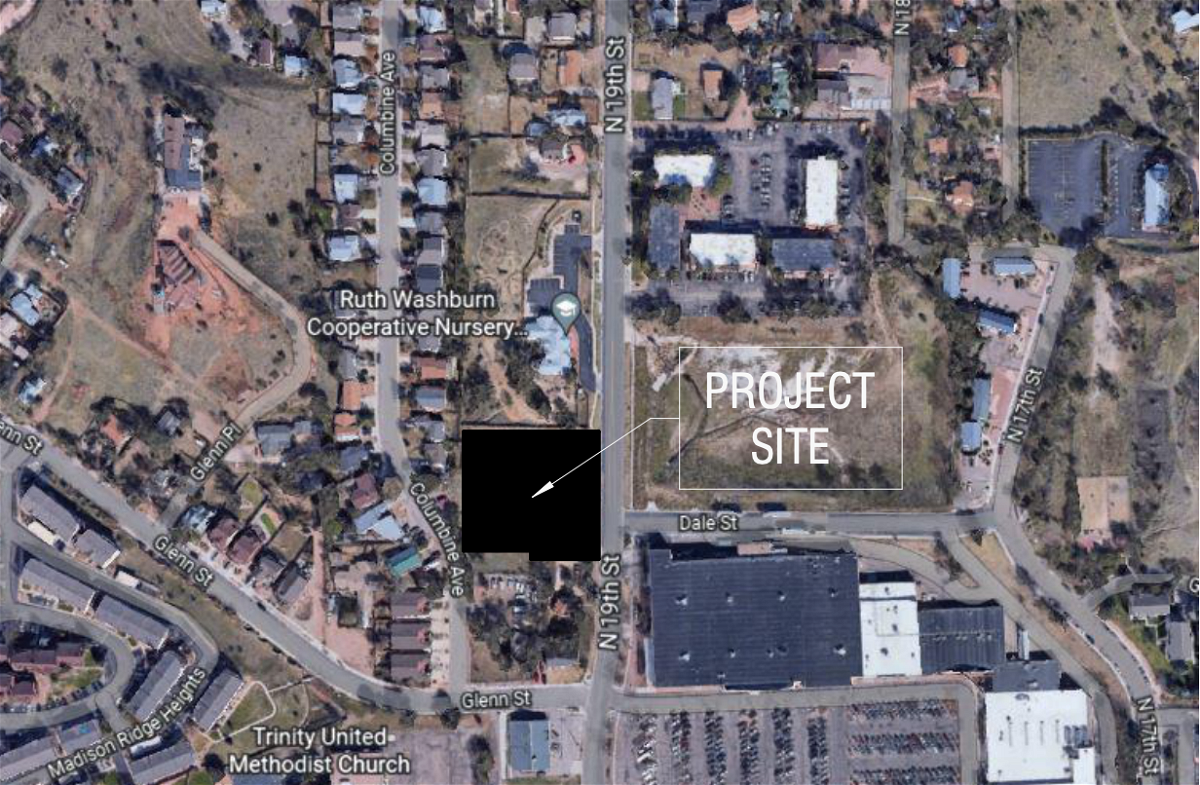
Neighbors and other opponents claim that construction could destabilize an adjacent hill on which a neighborhood exists along Columbine Avenue, and increase the risk of landslides in a known landslide zone.
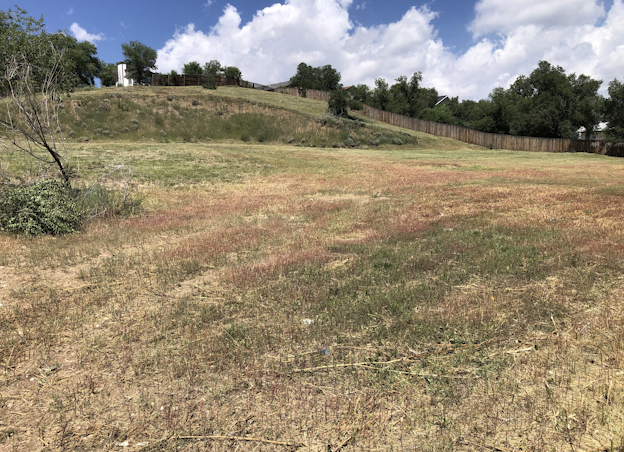
Opponents said that two previous landslides -- one caused by construction, the other by rain -- just north of the apartment site damaged or destroyed ten homes, and are proof that the risk is legitimate not only to surrounding neighbors but to the complex itself.
Opponents also believe that city staff reviewing the project didn't provide enough information about the previous landslides and didn't include feedback from victims of those landslides.
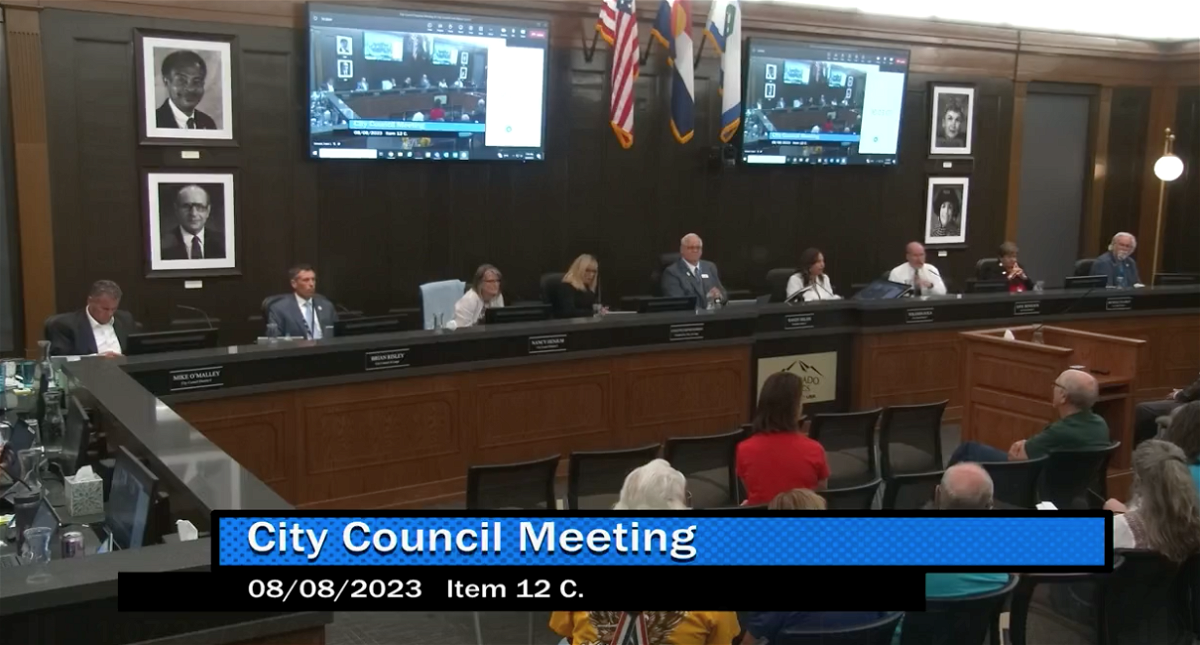
Councilman Dave Donelson made a motion to table the final vote until a report on the project was sent to the Colorado Geological Survey for analysis, and opponents said that they supported the motion.
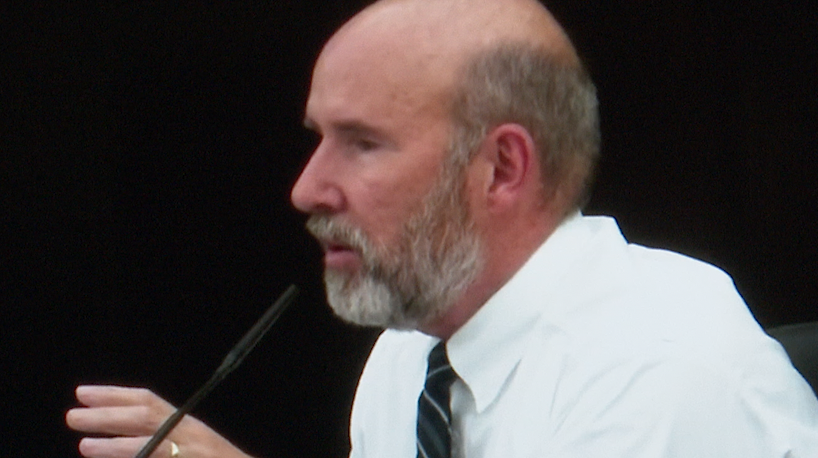
"I take very seriously what the citizens living above the site, report -- what they've noticed about their homes, what they've noticed as they've lived there," he said.
However, it failed and the Council ultimately approved the project by a 6-3 vote.
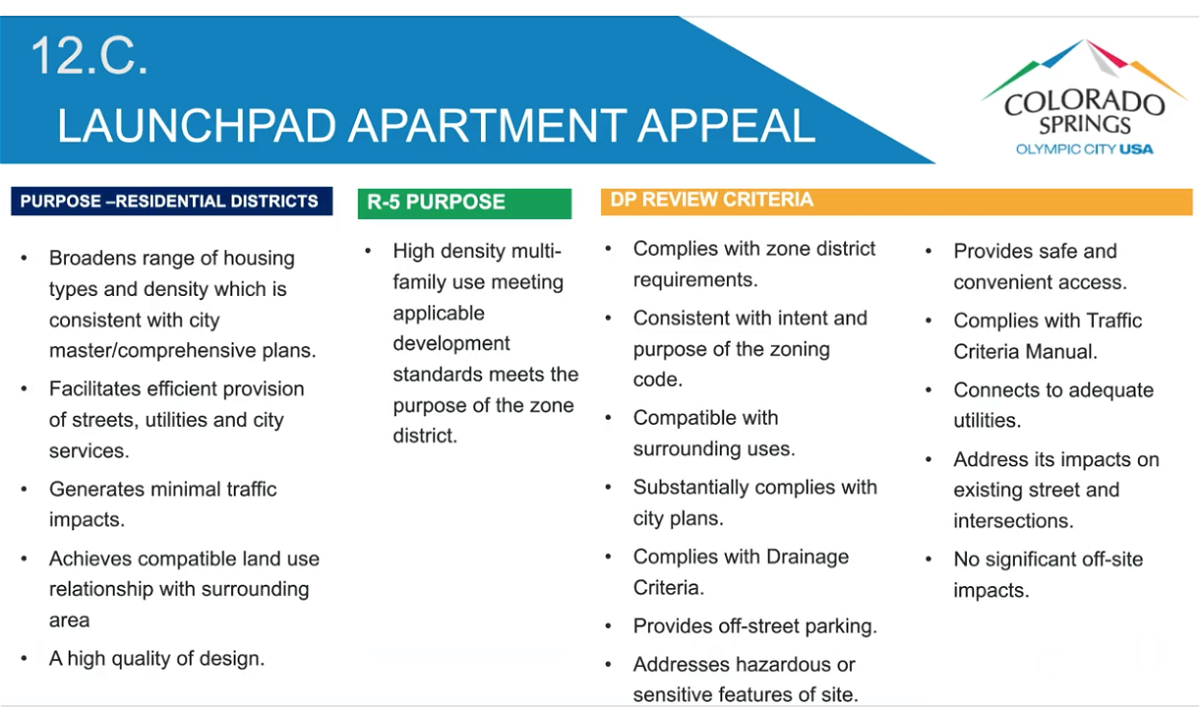
Council members who voted in favor of the project said that the process had already taken longer than it should have, that they trust the opinion of city staff, and that the project meets a continued need for affordable housing in the city.
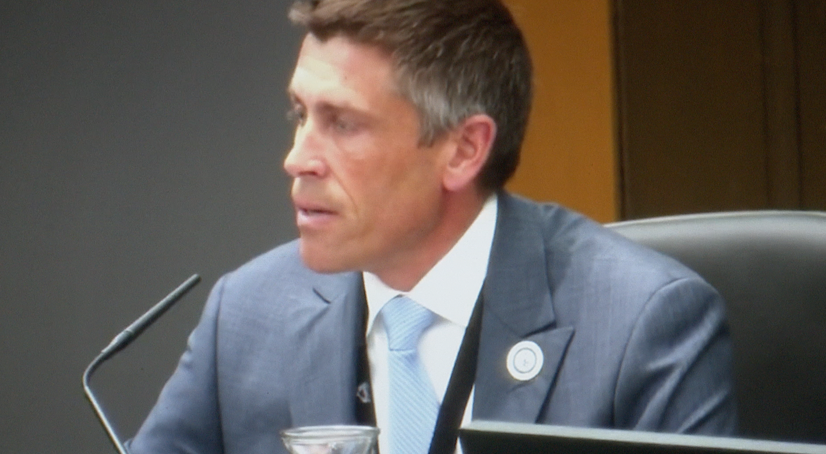
"We have here on staff, geologists and geo-technical engineers who have looked at this, and have determined that the reports are accurate, and that the reports will address and mitigate the concerns," said Councilman Brian Risley.
Councilwoman Yolanda Avila expressed strong support for the project.
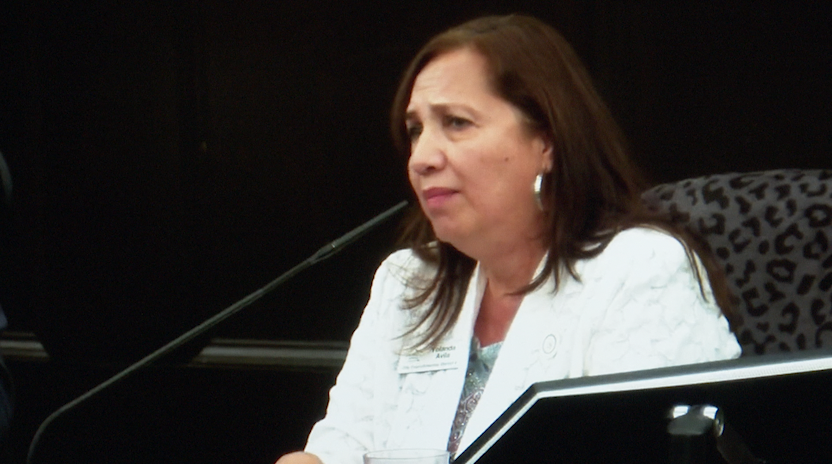
"We talk about (providing affordable housing) all the time, but then, when it comes down to it, we fight it every way that we can," she said. "And so, this is why I'm denying the appeal."
Opponents said that they are weighing their options and are deciding whether to take the matter to court.
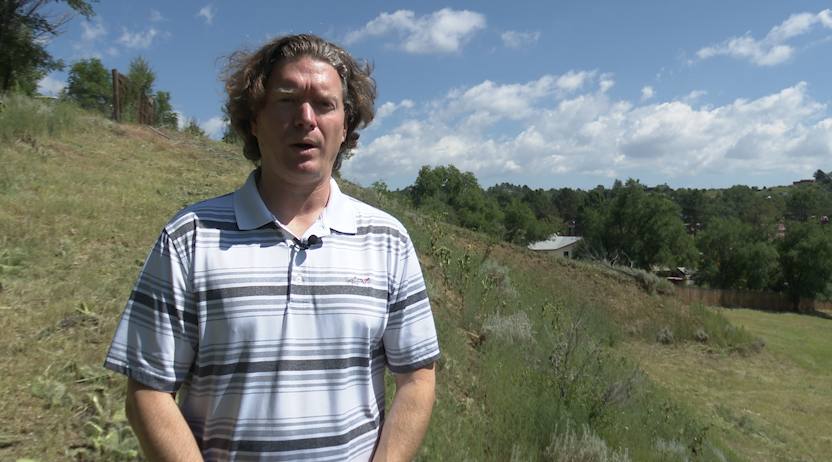
"And I know there is some interest in exploring what the options are, because they're
the ones who stand to lose the most from this situation," said spokesman Scott Hiller. "If (the city is) not right, the people who will be injured by this are the homeowners who have lived here for decades."
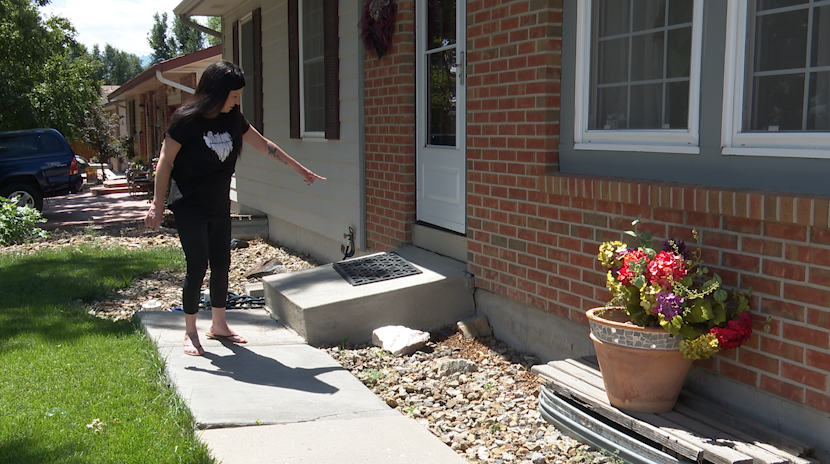
Some victims of previous landslides in the area told KRDO that they're worried about the new complex worsening damage they already have, or creating other problems.
Vote on TABOR retention question nears
Meanwhile, the Council faces another big decision in two weeks -- whether to place a question on the November ballot asking voters to choose whether the city may keep $4.75 million in excess tax revenue (Taxpayers' Bill of Rights retention) for 2023, and use it to help pay for a new police training academy.
Mayor Yemi Mobolade and Chief Adrian Vasquez consider the project the city's top priority.
Cost estimates -- which were requested by some Council members when Monolade presented the idea a month ago -- were provided at Monday's Council work session by Charae MDaniel, the city's chief financial officer: Acquiring land for a new facility would cost between $3.3 million and $6 million, with construction costing between $36 million and $39 million.
McDaniel also said that land acquisition for an existing facility would cost between $8.5 million and $16 million, with construction costing between $4 million and $5 million.
"It's hard to find available land for this project," she told the Council. "We're looking everywhere. And because this is a capital project, there are no grant funds available for it."
The city's public safety sales tax ($1.8 million), its reserve fund (up to $1 million) and a one -time allocation from the city budget (up to $4 million) were suggested by McDaniel as funding sources to get the project started.
Donations also could help cover the project's total cost, similar to how the new Pikes Peak Summit Complex was financed.
Vasquez made a presentation to the Council, which included a video showing overcrowded conditions and inadequate facilities to train cadets and officers; Councilwoman Nancy Henjum said that she was "speechless" about the "horrific conditions."
Some Council members, including Randy Helms and Dave Donelson, wondered aloud if the project can be accelerated.
"I see the need for a new facility, which most of us probably agree with, as separate from the TABOR retention request," Donelson said. "I'm not sure TABOR funds are the best way to pay for it. Can we use other fund reserves?"
Vasquez said that a recent citizen poll indicated that 67% support a new facility, and 60% of officers agree.
However, Mobolade said that the poll was conducted by a private organization and he didn't have more information about it; he agreed to Donelson's request to provide more details.
The mayor also said that a new facility would be a big help in reducing the number of officers who leave the police department, and improve recruitment of new officers.
"The conditions and the situation there may be why we're having problems with hiring and recruitment," said Councilman David Leinweber.
